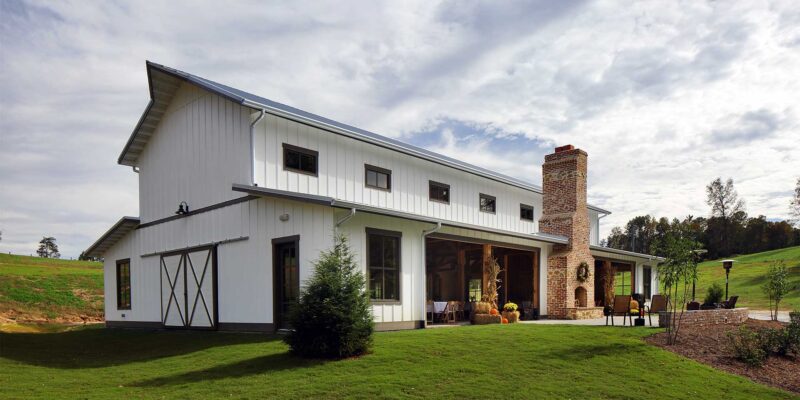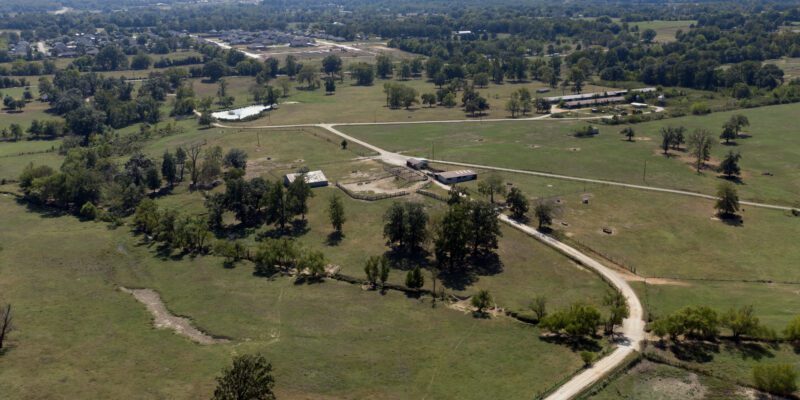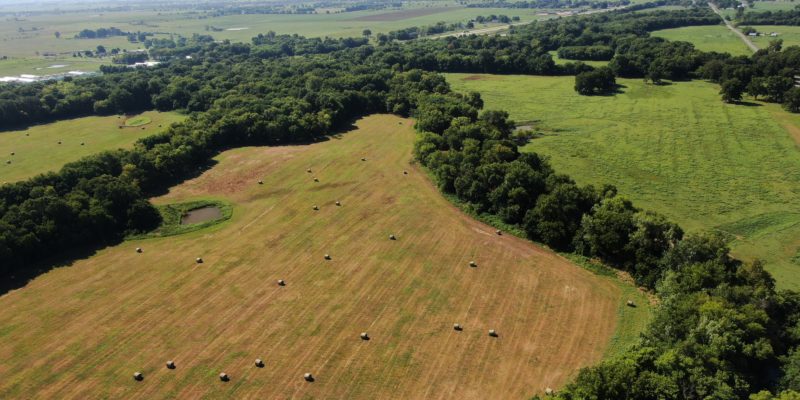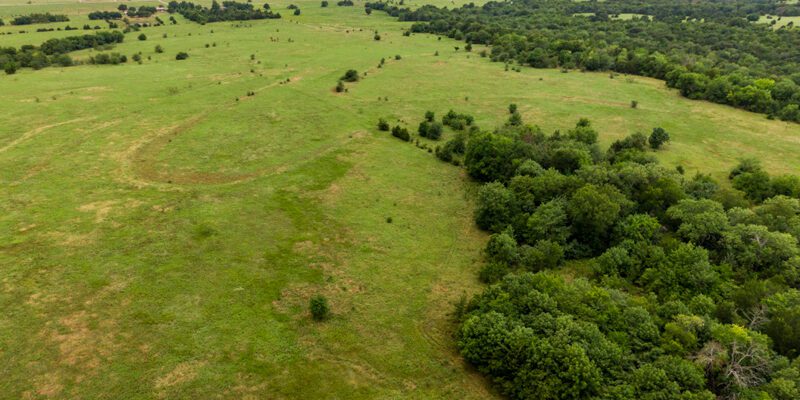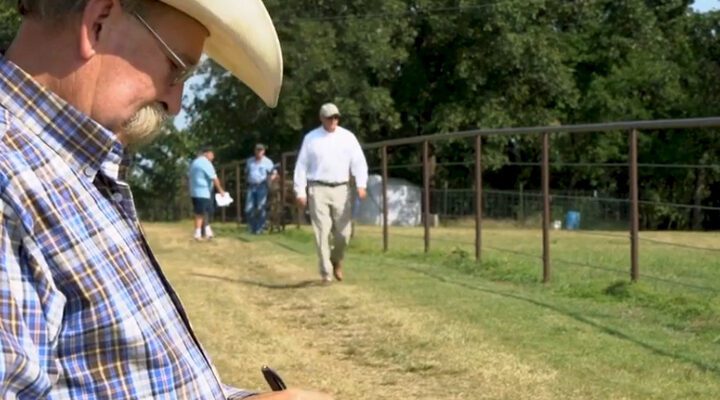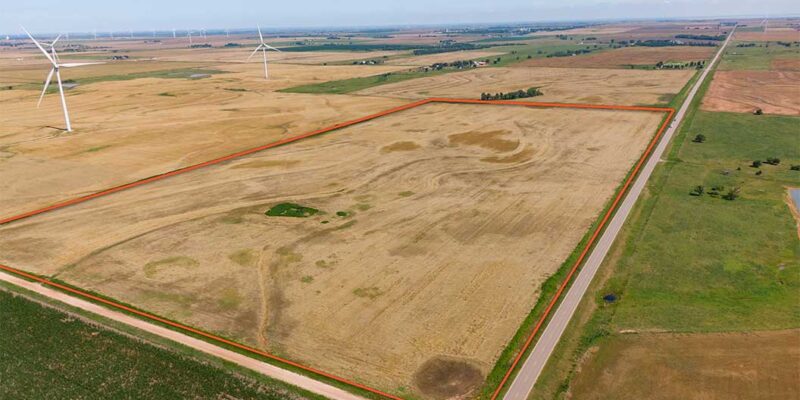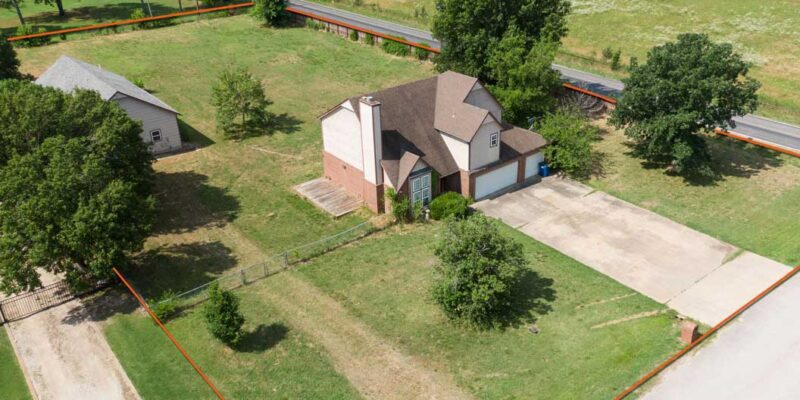Selling lake property through a real estate auction rather than the traditional ‘list and wait’ method offers several distinct advantages for property owners. Here’s a detailed look:
Advantages of Selling Lake Property Through Real Estate Auction
Speed of Sale
- Quick Transactions: Auctions have a set date, ensuring the property is sold quickly compared to traditional listing methods where sellers list and wait for offers. When you list a property, there’s no way to know how long it will take for the property to sell. Lake property is particularly susceptible to lingering on the market for months, if not years. During that time, you are likely to incur holding costs and feel pressure from your realtor to lower the price of the property to attract more buyers.
Transparency
- Firm Marketing Plan: With auction, all the details are buttoned up before you sign the sales agreement. Fees are clearly defined and agreed to up-front. The auction company will propose a clear timeline and a specific sale date, reducing uncertainty and allowing for quicker financial planning. Once the sales agreement is signed, most properties are marketed to be sold within 30-45 days. The entire process, from proposal to closing, is typically completed within 90-days.
Certainty
- Definitive Sale: Properties are sold in ‘as-is’ condition without financing or inspection contingencies. Sellers know that their property is going to be sold and the date it will happen. And, the high-bidder is legally obliged to purchase the property at the bid price offered.
Hassle-Free
- Open Houses are Scheduled: well ahead of time so there is no need for homeowners to manage and accommodate last-minute requests for a private showing.
- No Negotiations: there is no back-and-forth negotiating when selling through auction. Once the high-bidder is determined, they are legally bound to close the sale at the bid price offered.
No Improvements Needed
- Real Estate is sold As-Is: property owners do not need to worry about expensive improvements or updates when selling via auction. Due diligence is the buyers responsibility and they agree in advance to bid on the property in ‘As-Is’ condition.
Market Value Realization
- Competitive Bidding: Auctions can drive up the price through competitive bidding, often achieving a higher sale price compared to traditional listing sales.
Marketing Exposure
- Intensive Marketing: Auction houses often employ aggressive marketing campaigns, increasing property visibility and attracting serious buyers. Both auction and traditional sales methods use popular sites like Zillow and Realtor.com. Only Auction employs a broad spectrum of marketing deployed over an intense 3-4 week marketing period to generate interest, excitement and bidder demand.
Buyer Commitment
- Non-Contingent Offers: Buyers at auctions typically make non-contingent offers, meaning they are ready to purchase without financing or inspection contingencies.
Conclusion
Selling a lake property through a real estate auction can be an effective option for lake property owners, especially for those wanting the certainty of knowing when their property will sell without the hassles of negotiation, the anxiety of hoping for an offer, and the risks associated with contingency dependent sale closing.






